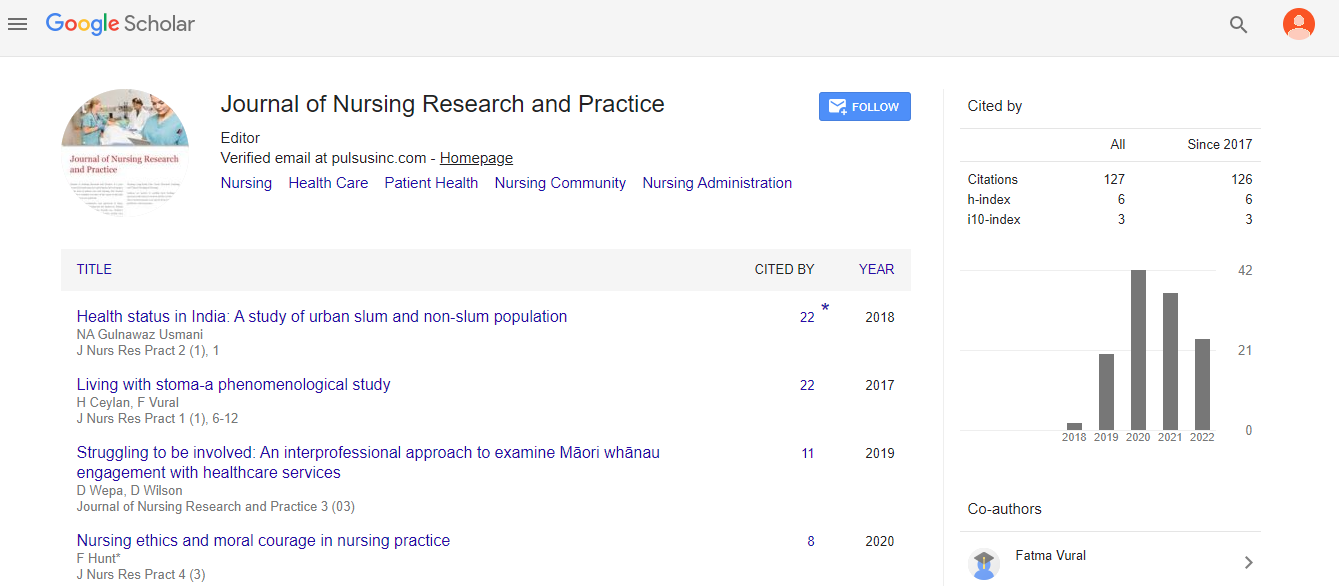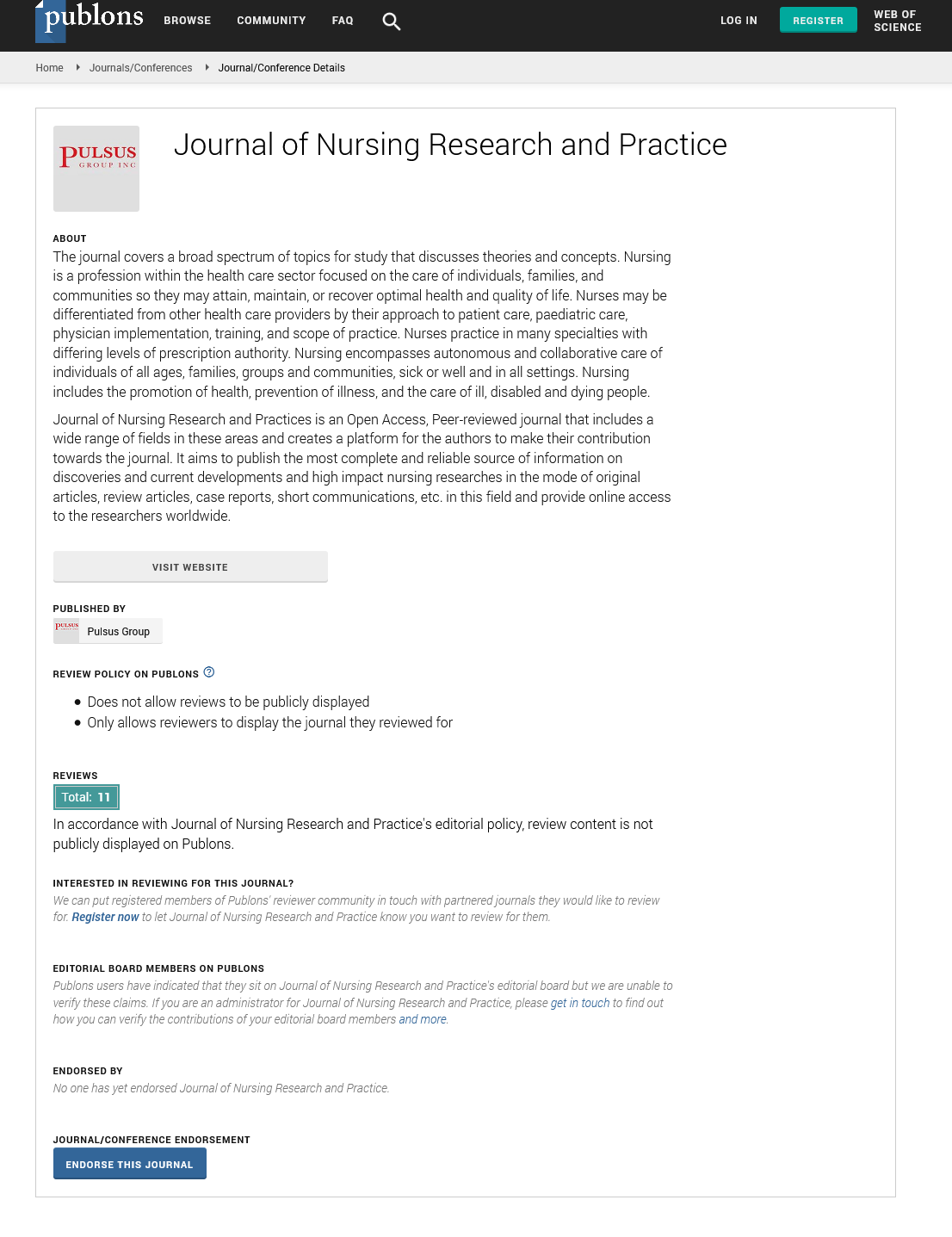
Sign up for email alert when new content gets added: Sign up
Consumption and supplementation of polyunsaturated fatty acids during the first 9 months of life - a questionnaire pilot study
5th World Congress on Women's Health and Midwifery
January 10, 2022 | Webinar
Aleksandra slupczynska
The Medical University of Lublin, Poland
ScientificTracks Abstracts: J Nurs Res Pract
Abstract :
Statement of the Problem: Pregnancy is a special period in the life of every woman. Adequate diet and proper supplementation are crucial for the uncomplicated course of pregnancy, as well as the health of the mother and her offspring. Gynecological and Obstetrical Societies and the World Health Organization (WHO) recommend that the diet of pregnant women should be adequately supplemented with omega-3 fatty acids as these nutrients play key roles during pregnancy. The awareness of the need for supplementation and proper diet among pregnant women is constantly increasing, but not all of them take appropriate preparations in accordance with the recommendations. Methodology & Theoretical Orientation: The study was conducted in the group of 137 women who delivered in the period from July 2021 to October 2021. They completed a questionnaire at the department of obstetrics and perinatology of the Independent Public Clinical Hospital No. 4 in Lublin, Poland. The questionnaire consisted of 44 questions regarding their marital status, education, place of residence, diet, and nutrition before and during pregnancy, taking dietary supplements, including iron, folic acid, vitamin C, calcium, and omega-3 acids. Findings: The survey results revealed that all women used some supplements during pregnancy, but a large proportion of them did not take the omega-3 acids and polyunsaturated fatty acids supplements recommended for pregnant women throughout the entire period of pregnancy. What is more, a large proportion of the surveyed women do not eat enough fish and seafood which play a huge role in the proper development of the fetus. Conclusion & significance: It is necessary to educate the public and women planning pregnancy, and to emphasize the importance of consumption of fish, seafood, and supplementation of omega-3 acids during pregnancy. This education may focus on social media, webinars and online conferences targeting women planning a pregnancy.
Biography :
Aleksandra slupczynska is currently a 6th year student of medicine at the Medical University of Lublin in Poland. Binding her future with gynecology and obstetrics, for two years he has been actively involved in the activities of the Student’s Scientific Association at the chair and department of obstetrics and perinatology. She broadens her scientific interests by participating in numerous courses and trainings. Currently, she takes part in the program organized by the Ministry of Education and Science in Poland "The best of the best!" 4.0.” under the Development Operational Program co-financed by the European Social Fund, thanks to which she has the opportunity to participate in many international conferences. Her great passion is writing various types of medical articles - she works as a copywriter for leading medical websites in Poland.





